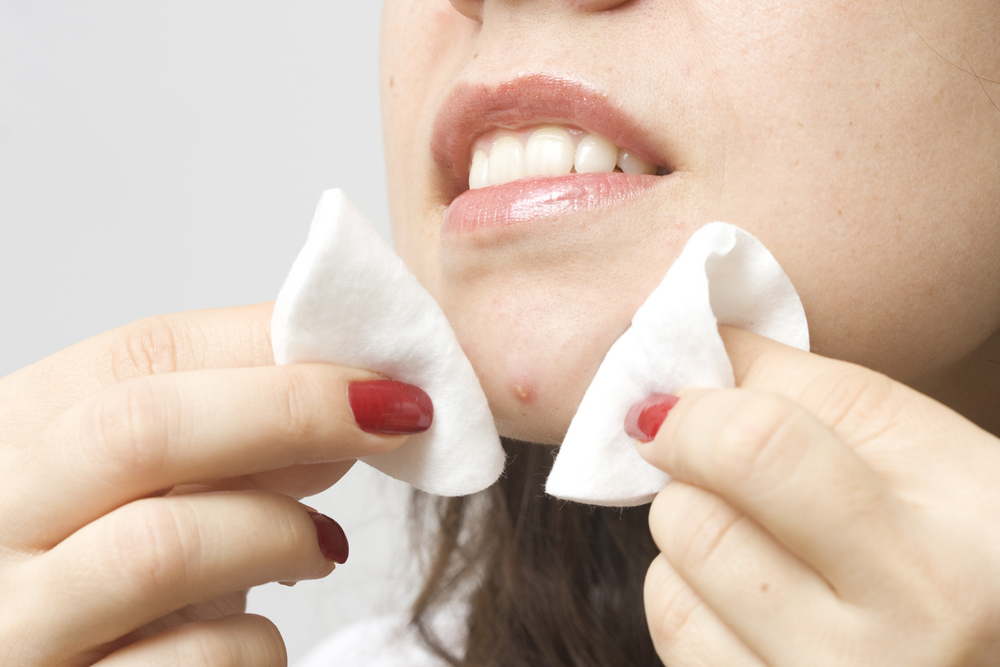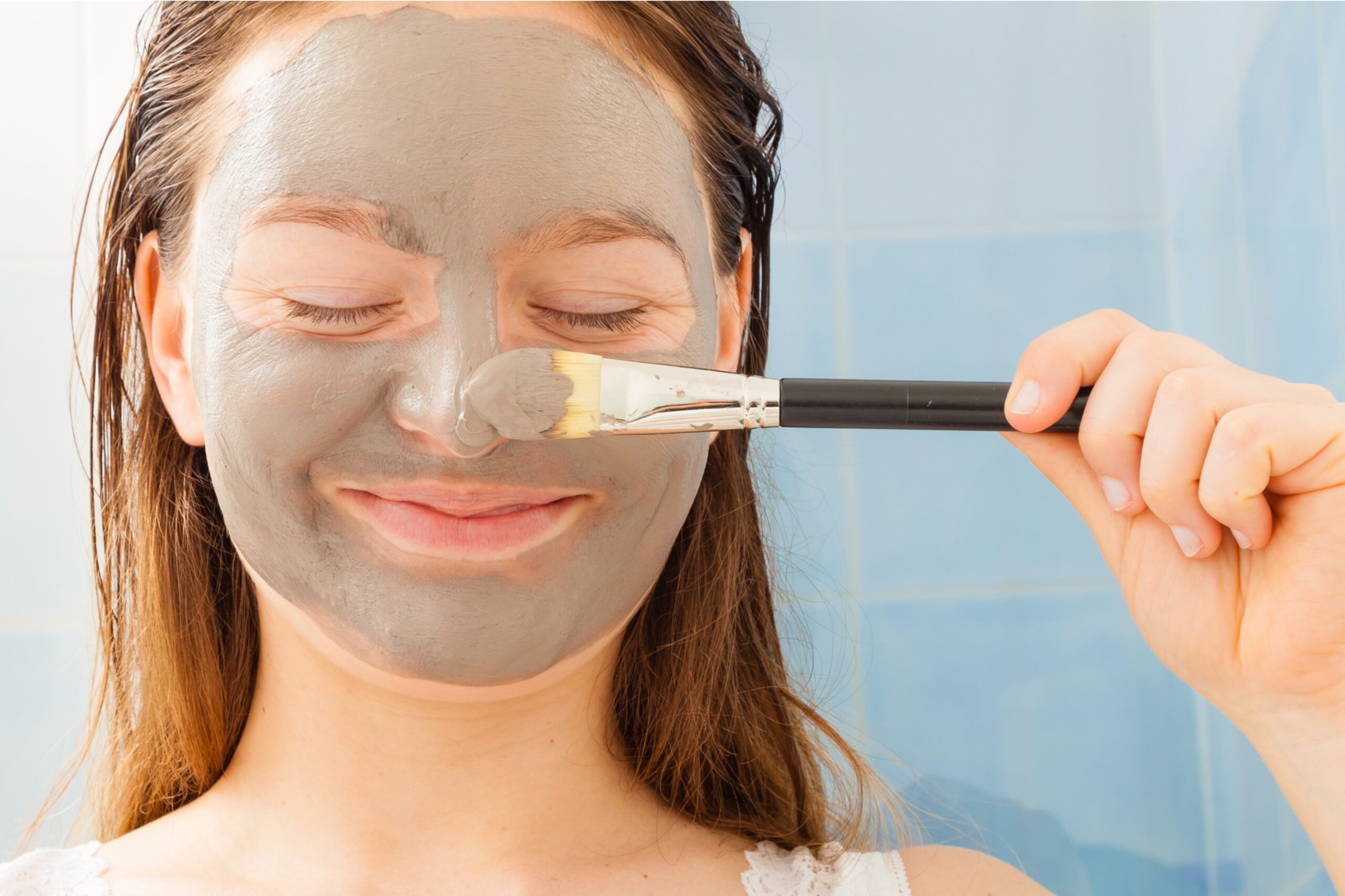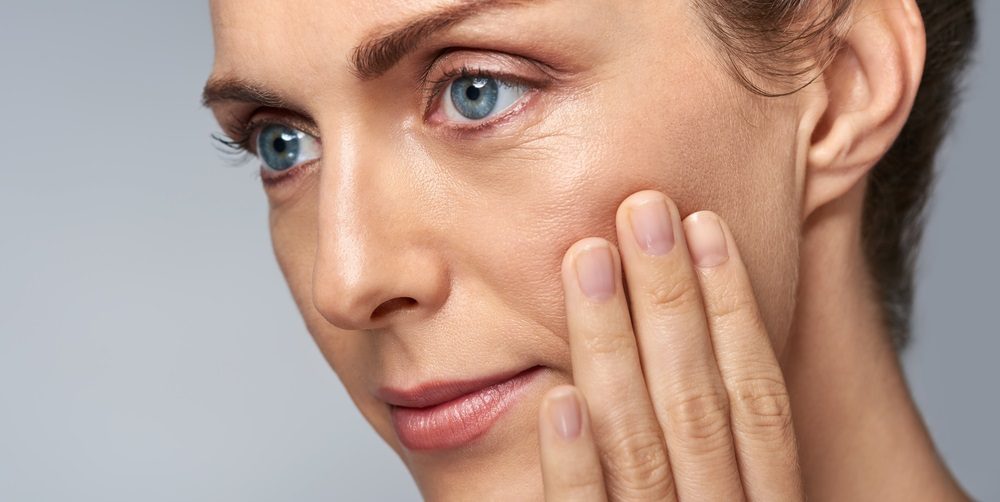- The definition of “medical-grade” is hotly debated among dermatologists as it is not an official designation.
- The best of these products aren’t usually found in pharmacies or chain stores, and can only be purchased from skincare experts.
- Compared with over-the-counter products, they often work better for people with more specific skin concerns.
In the never-ending quest for perfect skin, you’ll see skin care products categorized in hundreds of fashions.
If you have a particularly persistent skin issue, the terms “medical-grade” and “cosmeceutical” have probably piqued your interest. So, what sets medical-grade options apart? Are they different or better than other skin care products? We asked the experts.
What are cosmeceutical skin care products?
Defining “medical-grade” skincare is an arduous task. If you ask a room full of plastic surgeons, dermatologists, and medical aestheticians, you’ll likely get a dozen different answers.
As you’ll see, the experts we interviewed had very strong — and conflicting — opinions on the topic.
Pure compounds at higher concentrations
Skin care chemist David Pollock has developed top-selling beauty products for brands like Lancôme, L’Oreal and Smashbox.
He believes that what sets medical-grade products apart isn’t necessarily the ingredients used, but the quality and concentrations in which they are found in those products.
“Medical-grade skincare contains purer forms of key ingredients at higher, more concentrated levels,” Pollock says. “For this reason, they are sold through physicians who are trained to evaluate a client’s needs and able to dispense the right product to make changes in their skin.”
Sold by skin care specialists
Another key difference between medical-grade and over-the-counter products is that the latter are meant to be used by the masses.
“Over-the-counter products are designed to work for everyone, including those with sensitive skin. For this reason, cosmetic companies use lower levels of certain ingredients. While these products may show a significant level of results, they are not the same as medical-grade products,” Pollock says.
Medical-grade skin care lines are often recommended by a dermatologist or skin care professional specifically to treat a unique skin concern.
Generally speaking, the best of these products aren’t stocked in regular stores. Instead, they’re sold at your dermatologist’s office or in medical spas.
Cosmetics vs drugs
Some experts remain skeptical about whether or not the term “medical-grade” truly differentiates one product from the next.
Dr. Fayne L. Frey, a dermatologist and the founder of FryFace.com, warns that it may amount to nothing more than pure marketing.
“There is no official standard or federal guidelines,” she clarifies. “It is irrelevant whether a product is sold by a physician, in a physician’s office or online. The concentration of ingredients in a skin care line is also irrelevant. In the United States, by law, all skin care products are classified as either cosmetics or drugs.”
According to Frey, the difference between the two is that cosmetics cannot claim to alter the structure or function of the skin, while drugs can.
Do professional skin care lines provide better results?
For most dermatologists, it isn’t the brand that matters, but the ingredients their specific products contain.
For example, Dr. Tanya Kormeili, a board-certified dermatologist in Santa Monica, says that certain ingredients, such as hyaluronic acid, can boost the power of others.
“At medical doses, some of my favorite ingredients include azelaic acid, kojic acid, tretinoin, glycolic acid, niacinamide, licorice and, of course, ceramides,” she says. “I often use aloe or hyaluronic acid to help with moisture control while treating medical conditions.”
“Medical-grade skin care may actually be quite similar to over-the-counter products,” says Dr. Joshua Zeichner, Director of Cosmetic & Clinical Research at Mount Sinai Hospital. “The difference is that the company marketing it has decided that it should only be sold through doctors’ offices.”
No matter which side you take in this argument, one thing’s for sure: understanding the concentration of ingredients in your skin care products and which ones actually work is key to finding solutions that align with your skin goals.
5 common ingredients found in medical-grade skin products
We consulted with the experts and compiled a list of the most common medical-grade ingredients, along with an explanation of how they work and compare to over-the-counter versions.
1. Retinol
Retinol is a vitamin A derivative known for its anti-aging effects. According to Pollock, this product can boost collagen and firm the skin.
“In over-the-counter products, some brands use trace levels, and others may go up to 0.5 or even 1% retinol. Some brands combine retinol with another ingredient and claim the level of combined ingredients is stronger,” he notes. “But with medical-grade products the levels are much higher and must definitely be administered by a physician,” he cautions.
2. Glycolic acid
This a chemical exfoliator that helps to remove the outermost layer of the skin. It’s often used in chemical peels.
“With glycolic acid, over-the-counter beauty products use less than 10% and have a pH above 3.5 to minimize irritation or other problems,” says our expert chemist David Pollock.
According to Pollock, medical-grade products can contain much higher concentrations of this ingredient — as high as 70% in peels administered by a professional. “The results are dramatically different,” he says.
3. Hyaluronic acid
This compound is ideal for revitalizing dry, dull skin and acts as a natural humectant, restoring moisture and plumpness.
“Over-the-counter products typically use a low molecular weight of hyaluronic acid — below 1 million daltons — which works on the top layer of the skin to provide hydration,” informs Pollock. By comparison, “medical-grade hyaluronic acid has an ultra-low molecular weight — below 10,000 daltons — meaning its molecular size is much smaller and absorbs more deeply into the skin, working within the lower layers.”
4. Polyglutamic acid
Once exclusively found in medical-grade skincare, this peptide that helps improve skin moisture can now be purchased over-the-counter.
Pollock notes that “polyglutamic acid is typically found only in medical-grade products and is 10 times as potent as hyaluronic acid in binding moisture deeply within the lower layers of the skin.”
According to Pollock, this is an ingredient we are going to see entering the over-the-counter market more and more, as brands continue in their quest to develop therapeutic skincare products.
5. Salicylic acid
Ideal for acne, this treatment is recommended by the American Academy of Dermatology as the single most effective active ingredient out there.
Dr. Yoram Harth, an Israeli dermatologist, reports that salicylic acid is a milder anti-acne agent.
“It fits people with more sensitive skin, people that have primarily comedones (blackheads and whiteheads) and women with adult acne,” says Dr. Harth. “Its main effect is to unclog skin pores and prevent blackheads and whiteheads, and it has some anti-inflammatory effects.”
9 Skin Products Plastic Surgeons and Derms Recommend
We put our experts in the hot seat and asked them to reveal which medical-grade products they stand behind, depending on the particular skin condition. Here are the results of this poll.
For acne-prone skin: LaRoche Posay and Jan Marini
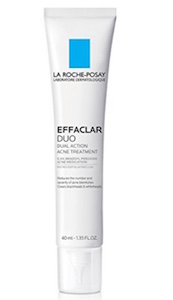
“This product contains benzoyl peroxide along with lipohydroxy acid,” says Dr. Zeichner. “The combination kills acne-causing bacteria and exfoliates dead cells to brighten the skin. It has been shown in studies to work as well as prescription products.”
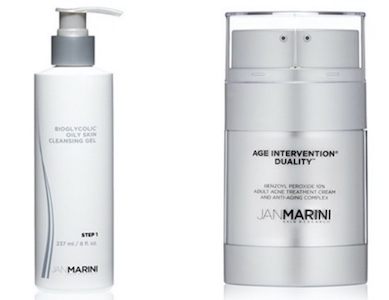
Jan Marini Bioglycolic Cleanser and Jan Marini Duality MD
“It has glycolic acid and is gel-based to unclog pores and help with oily skin, says Dr. Tess Mauricio of Beverly Hills based M Beauty Clinic and founder of ShopDrTess. “I also recommend Jan Marini Duality MD, which contains 10% ultra-micronized benzoyl peroxide combined with all trans retinol for gentle yet effective non-prescription acne treatment.”
For wrinkles: SkinMedica, Biopelle, and Skinbetter Science
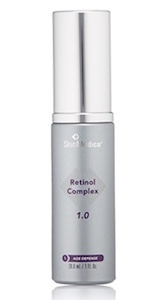
“Retinol is the best-studied ingredient we have to fight fine lines and wrinkles,” says Dr. Zeichner. “It stimulates collagen to strengthen the skin’s foundation.” This product contains 0.5% retinol.
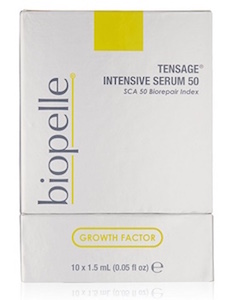
Biopelle Tensage Intensive Serum 50
“This serum contains growth factors from the secretion of the Cryptomphalus aspersa snails,” says Diane Muzik, aesthetician at Minars Dermatology in Hollywood, FL. “It’s scientifically proven to improve wrinkles.”
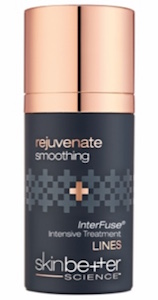
“High molecular weight hyaluronic acid plumps out fine lines and wrinkles like magic,” says Muzik. “It also incorporates peptides to calm lines of expression and amino acids to refirm.”
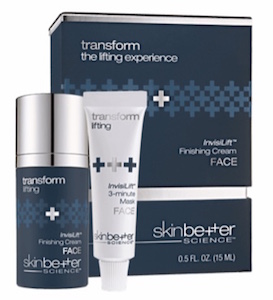
InvisiLift by SkinBetter Science
“It’s a three-minute face mask to lift, firm and plump with immediate tightening for special events,” says Muzik.
For sun spots: PCA Skin
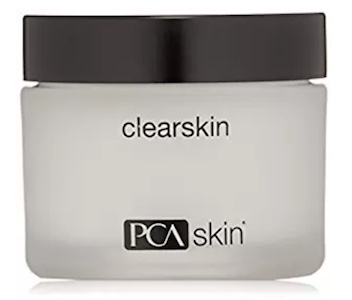
“PCA Skin Clearskin contains niacinamide, which helps brighten and even the complexion,” says Dr. Zeichner.
Should I see an expert?
Even though the definition of the term “medical-grade” is debated, there is some reason to believe that medical-grade products work better for certain skin conditions.
If you’ve found that over-the-counter skin care products just aren’t doing the trick, then it’s definitely time to consult with a board-certified dermatologist and inquire after these high-potency products.
» To find out more about these and other professional skin care lines, meet our Medical Review Team.






